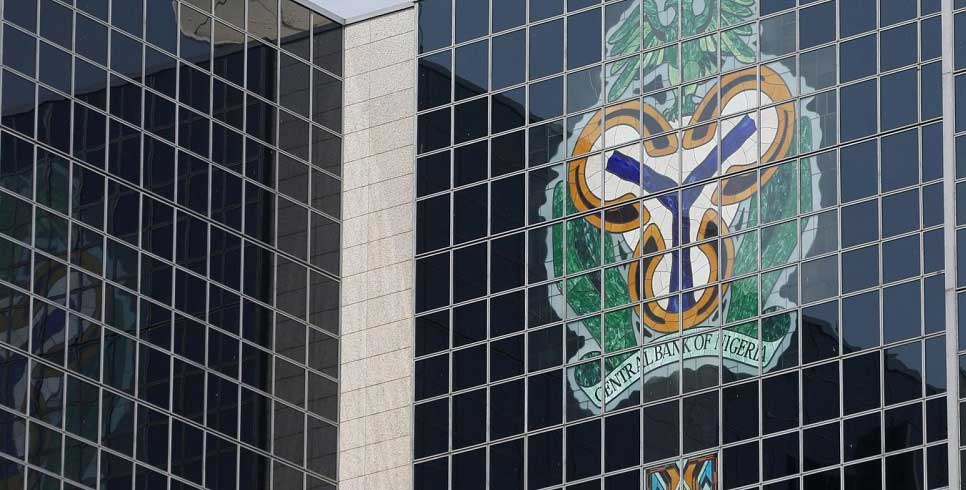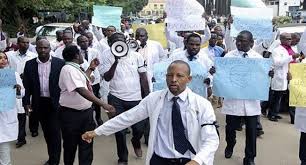
Businesses and households across Nigeria have identified high interest rates, multiple taxation, and poor infrastructure as the three major challenges facing economic activities in September 2025, according to the Central Bank of Nigeria’s (CBN) latest Business Expectation and Household Surveys.
Despite these hurdles, the apex bank said respondents remained optimistic about macroeconomic conditions in the coming months, with confidence expected to strengthen further into early 2026.
In its Business Expectation Survey, the CBN noted that the Confidence Index stood at 31.5 points in September, reflecting respondents’ positive outlook on the economy. This optimism, the report added, is projected to rise to 51.8 index points over the next six months.
“Respondents identified high bank charges (70.8), high/multiple taxes (70.8), and poor infrastructure (70.7) as the top three business constraints in September 2025,” the report stated, highlighting the challenges undermining profitability and operational efficiency.
At the lower end of the top ten constraints were insufficient power supply (37.8) and competition (40.4), an indication that financial burdens outweighed political or operational risks during the review period.
Households Expect Higher Prices Ahead
Meanwhile, Nigerian households maintained a cautious outlook, predicting that prices will continue to rise in the months ahead.
According to the CBN’s September 2025 Household Expectations Survey, the overall consumer sentiment index stood at -6.4 points, an improvement from -7.2 points recorded in August, signalling reduced pessimism among consumers.
“Consumer sentiments on price changes stood at -6.4 index points in September, indicating that respondents still perceived prices as high,” the CBN said. “Respondents also expect prices to increase next month, in three months, and in six months relative to the current month.”
The Economic Condition Index improved to -2.9 points in September from -4.3 points in August, showing a gradual rebound in consumer confidence.
Similarly, the Family Financial Situation Index rose slightly to -16.5 points, up from -17.0 points, suggesting that fewer households were pessimistic about their finances. Notably, the Family Income Sentiment Index recorded 0.1 points, its first positive reading since April 2025, indicating a modest return of optimism about income prospects.
Rural Respondents Feel Inflation Pressure More
The CBN’s Inflation Expectation Survey also revealed that rural residents perceive inflation more acutely than their urban counterparts.
“Rural respondents (73.9 per cent) indicated a higher perception of high inflation compared to 72.4 per cent of urban respondents,” the apex bank said.
The data collectively point to a period of gradual economic recovery, tempered by persistent financial and structural challenges, as both businesses and households navigate high operating costs, elevated borrowing rates, and lingering inflationary pressures.



